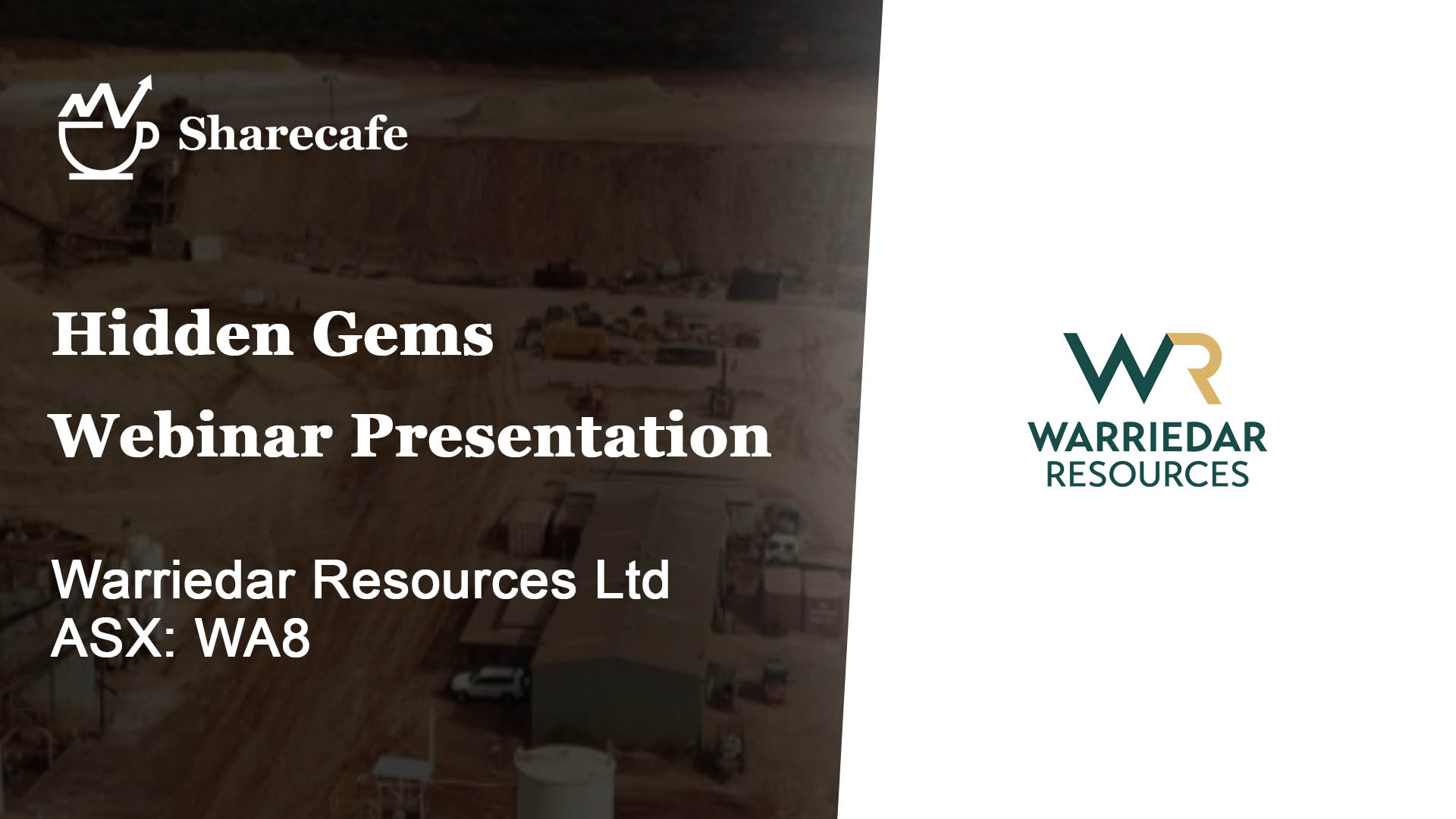
Is the huge BHP Billiton bid for rival Rio Tinto dead after the European Commission expressed ‘doubts’ about the transaction?
BHP doesn’t think so, Rio is staying mum (but chortling) and the steelmakers of China, Europe, South Korea and elsewhere are breathing more easily.
And shareholders in both Rio and BHP are now wondering what’s next now the delay (expected) has been confirmed.
While the extended probe was anticipated, what wasn’t expected was the strongly negative language in the statement.
Will BHP and Rio’s share price fall any further than the horror week both stocks endured last week?
BHP retreated 5% to $40.70 by the close Friday while Rio fell 4.8% to $125.70. The value of the BHP offer of 3.4 shares for every Rio unit was $138.38. Rio’s price is signalling very clearly the market reckons the bid is dead.
The Europeans are going to run an "in-depth" investigation into the proposal and report by November 11.
Now, that’s an unintentional joke by the Commission, November 11 being Armistice Day (and the date of The Dismissal in Australia in 1975), but it’s also a year almost to the day when BHP first launched its move on Rio with an indicative three shares for every one proposal. That was boosted to 3.4 shares for every Rio share when the offer went formal in February of this year.
The Commission announced its decision here
It’s a very tough statement: worded in such a way as to throw considerable doubt on the proposal even if BHP does make changes.
BHP has refused to discuss modifying the offer to meet European objections: the longer it continues that refusal, the harder it will get.
It has to be remembered that the Commission isn’t scared of big business anywhere and has taken on and won in hard fought battles with the likes of Microsoft, whose persistence and hard edged strategy make BHP look soft and a bit whimpish.
BHP will be able to respond to the Commission’s announcement, but it is clear that response will have to be far more impressive and positive that what the company has so far put to Brussels.
The Commission’s statement came on the same day BHP matched Rio Tinto’s prices with a near doubling of its own prices for lump iron exports to China and elsewhere of 96%. That helped underline some of the concerns of the Commission in the minds of some commentators.
The Commission said:
"The European Commission has opened a detailed investigation under the EU Merger Regulation into the proposed acquisition of Rio Tinto by BHP Billiton.
"Both companies are British-Australian dual-listed companies that mine and market a range of commodities such as iron ore, coal, uranium, aluminium, mineral sands, copper and diamonds, as well as various other base metals and industrial minerals.
"The Commission’s initial market investigation has indicated that the proposed takeover raises serious doubts as to its compatibility with the Single Market.
"Concerns arise in particular as regards the markets for iron ore, coal, uranium and aluminium and mineral sands, because the proposed takeover could result in higher prices and reduced choice for these companies’ customers. However, a decision to open an in-depth inquiry does not prejudge the final result of the investigation.
"The Commission now has 90 working days, until 11 November 2008, to take a final decision on whether the concentration would significantly impede effective competition within the European Economic Area (EEA) or a substantial part of it."
Competition Commissioner Neelie Kroes said, “The commodities produced by BHP Billiton and Rio Tinto are basic inputs for major industrial sectors and are therefore crucial for Europe’s competitiveness. The recent surge in commodity prices has had a serious impact on the industries buying these commodities, their customers, and ultimately all the consumers in Europe and elsewhere in the world. In this very sensitive, context any change making the situation worse could be extremely harmful.
"Therefore the Commission will pay particular attention to ensure that this takeover does not adversely affect competition in Europe.”
"The main commodities at stake are iron ore, coal, uranium, aluminium and mineral sands.
"Iron ore and metallurgical coal are the main inputs used in the production of steel, and the levels of market concentration following this merger would be very high. BHP Billiton and Rio Tinto have substantial interests in a number of iron ore mines and coal operations, mainly in Australia.
"The Commission’s preliminary investigation found that after the takeover the new entity would in itself hold a significant share in the supply of iron ore and together with its next competitor would control a very large part of iron ore supplies.
"As regards metallurgical coal, the proposed transaction would reinforce the leading position of BHP Billiton, with smaller competitors far behind.
"By increasing the new entity’s market power in iron ore and metallurgical coal, there is a serious risk that the planned takeover could have a negative impact on the outcome of price negotiations with steel customers.
"Furthermore there is a serious risk that the merged entity might have the incentive to reduce the scale of its investment projects or slow down such investment, and so reduce supplies available on the market and increase prices.
"Uranium is purchased by power companies for the production of electricity in













